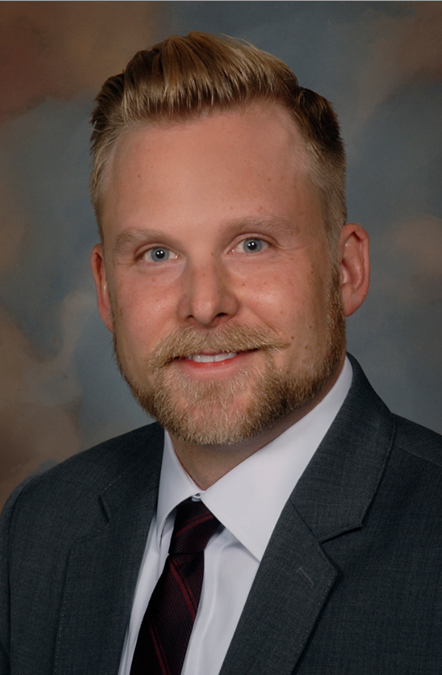The Lewis System
The Lewis system is unique among blood group systems in that the antigens are not manufactured within the erythrocyte, nor do they form an integral part of the cytoskeletal membrane. Rather, they are synthesized by tissues, secreted into blood and body fluids, and adsorb onto the red blood cell. While antibodies against antigens in this system are fairly commonly encountered, they are generally not considered to be clinically significant in transfusion. In vitro and in vivo hemolysis are rare but have been reported. Because Lewis phenotype expression is based upon the interaction of several genes, and because the phenotype expression can be transient, the Lewis system is a fascinating system to learn about.
Originally presented on August 07, 2015, in Salt Lake City, Utah.
Lecture Presenter
 | Justin R. Rhees, MS, MLS(ASCP)CM, SBBCM Program Director, Medical Laboratory Science, Department of Pathology |
Justin received his MS Degree in Laboratory Medicine and Biomedical Science at the University of Utah. He completed Specialist in Blood Bank (SBB) Technology training at the University of Texas Medical Branch-Galveston, and is MLS and SBB certified by the American Society for Clinical Pathology (ASCP). He is an active member of AABB, the South Central Association of Blood Banks, and the American Society for Clinical Laboratory Science (ASCLS). He has served on several professional committees and is a past president of the Utah Chapter of ASCLS.
Objectives
After this presentation, participants will be able to:
- Describe the Lewis system in terms of genetic interactions, the formation and secretion of Lewis antigens, clinical significance of antibodies produced, and transient phenotypes.
- Given results of a secretor inhibition study, correctly interpret whether substances are present or not present. Based on these results, apply your knowledge of gene interaction to identify the likely Le, Se, and ABH genes present.
Sponsored by:
University of Utah School of Medicine, Department of Pathology, and ARUP Laboratories
 Site Search
Site Search






